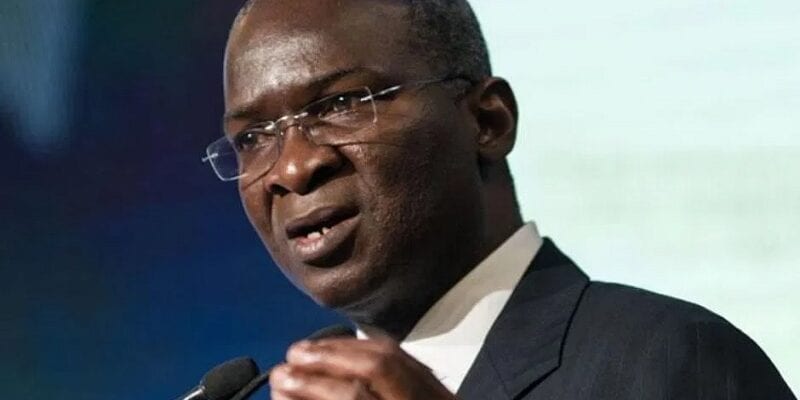Former Governor of Lagos and Minister of Minister of Works and Housing, Babatunde Fashola has decried the abuse of honorary degrees by universities in Nigeria, while revealing how he turned down 17 honorary award offers during his tenure as Lagos State governor between 2007 and 2015.
Fashola stated this in a statement issued by his Special Adviser on Communications, Mr. Hakeem Bello, when the Committee of Vice-Chancellors/Association of Vice-Chancellors of Nigerian Universities paid him a courtesy visit in his office.
The former Lagos governor, who said he stopped the award of honorary degrees in the Lagos State University (LASU), noted that honorary degrees must be conferred on awardees based on merit and not because they occupy political offices or command socio-economic powers.
“We said, look we are going to be different and for two or three years we did not award any Honorary Degree because truly the idea of Honorary Degree is an important building block of society and once we throw those blocks away or make them unviable then the purpose for it is lost.
“In my eight years in office I had 17 offers and I didn’t take one. I told them to wait until when I was out of the office and if they still find me worthy they should then come back, and when I was out of the office only one came back.
“The point I want to make is that we have to encourage our children to work hard. What have these honorees of the universities done to deserve the honour? What of those who have become undeserving, will you go back and tell them to return the degrees, that they don’t deserve it anymore?”
He also charged the dons on the need to come up with “an acceptable version” of the History of Nigeria.
“There is one thing you can do for Nigeria. Bring all these people together to start work on one acceptable version of Nigeria’s history. It is that version that can be thought in primary and secondary schools, because that is what is happening in other countries. They fought wars too but they have written one final version of their history. When you have written that final version it will be thought in our primary and secondary schools,” the minister added.

